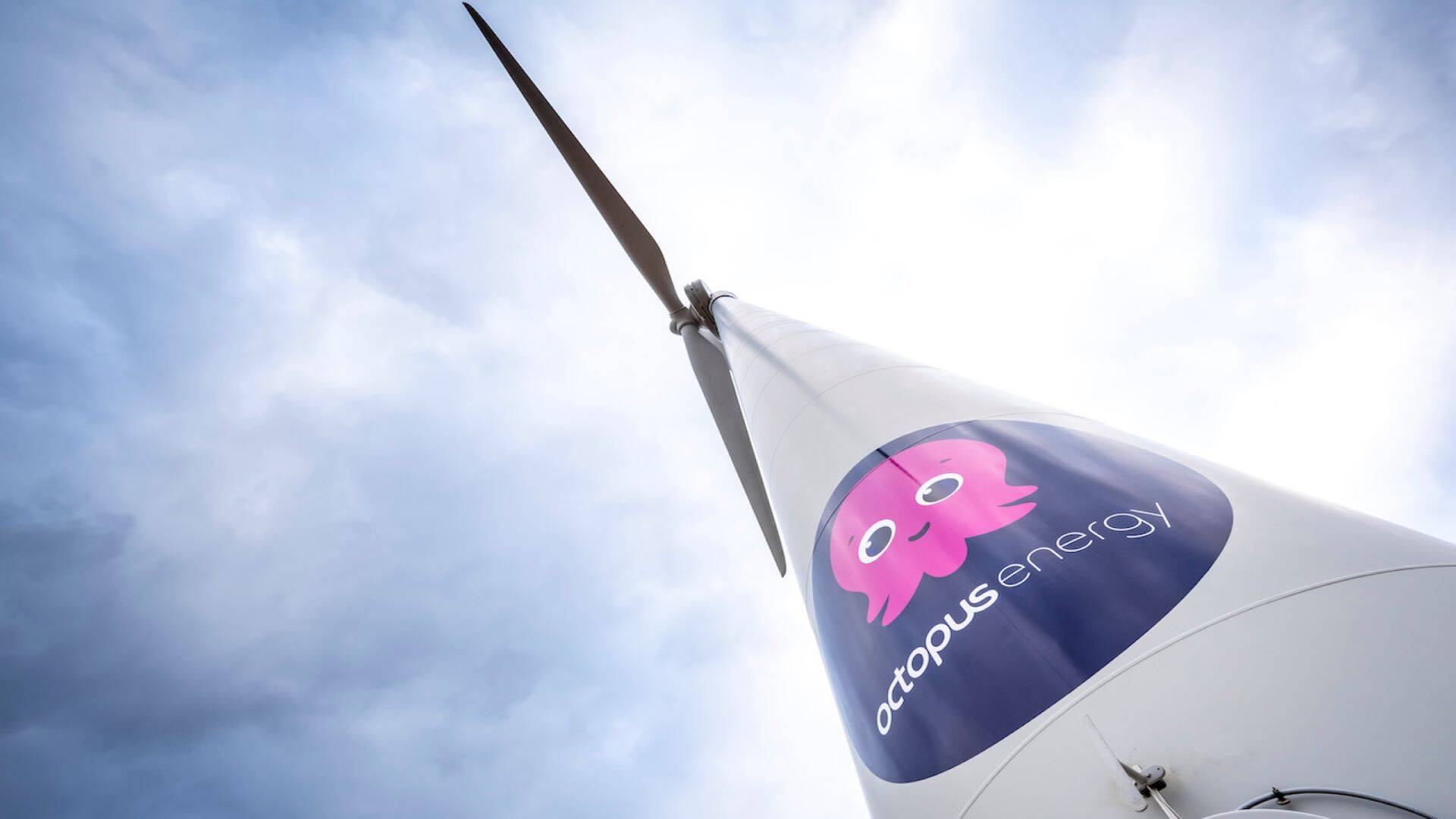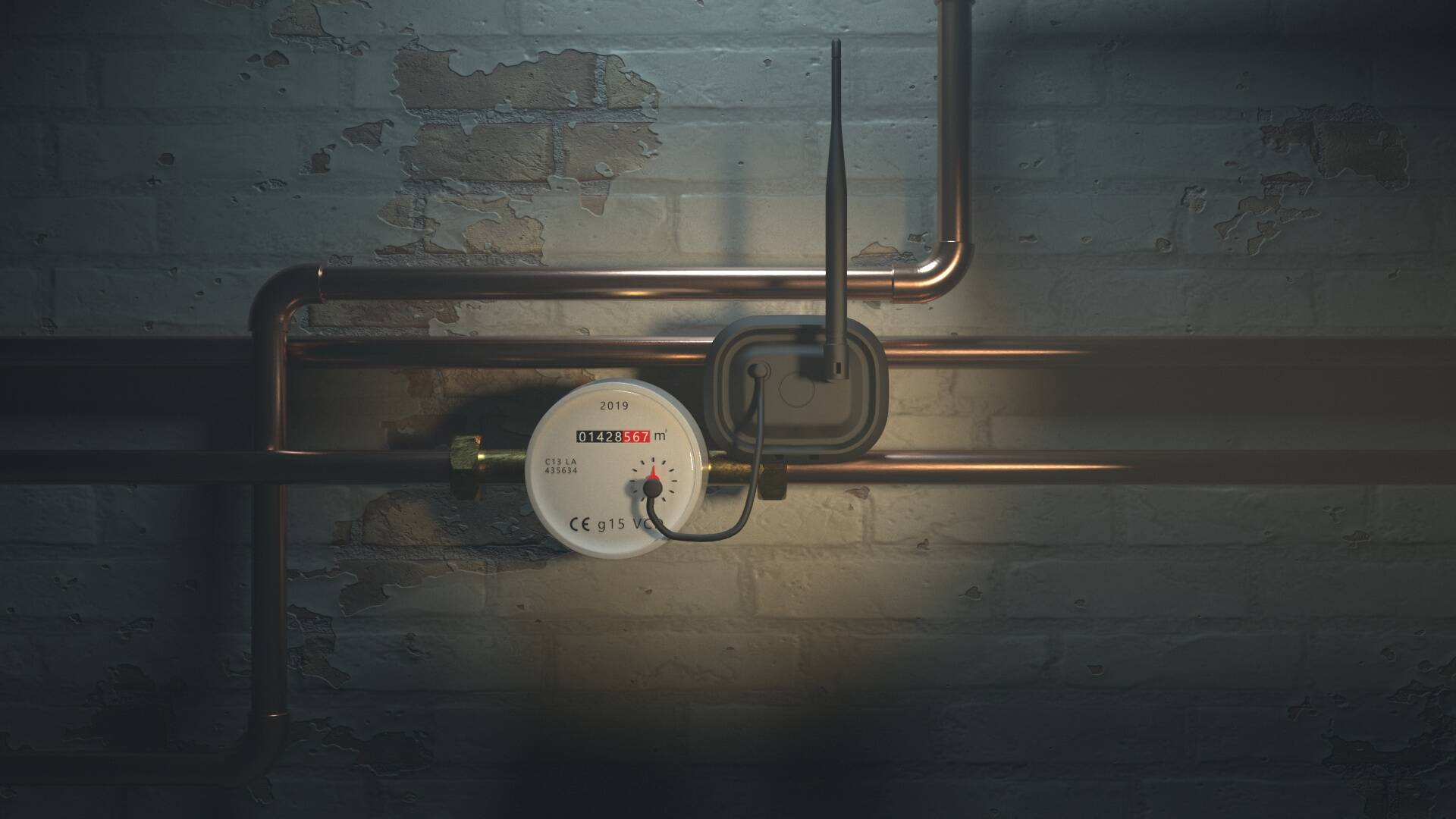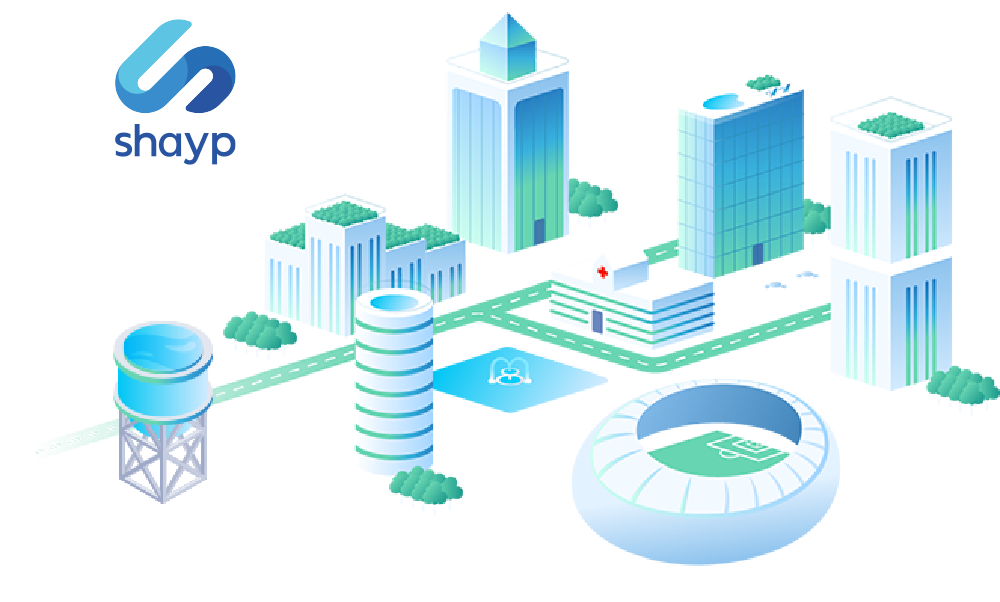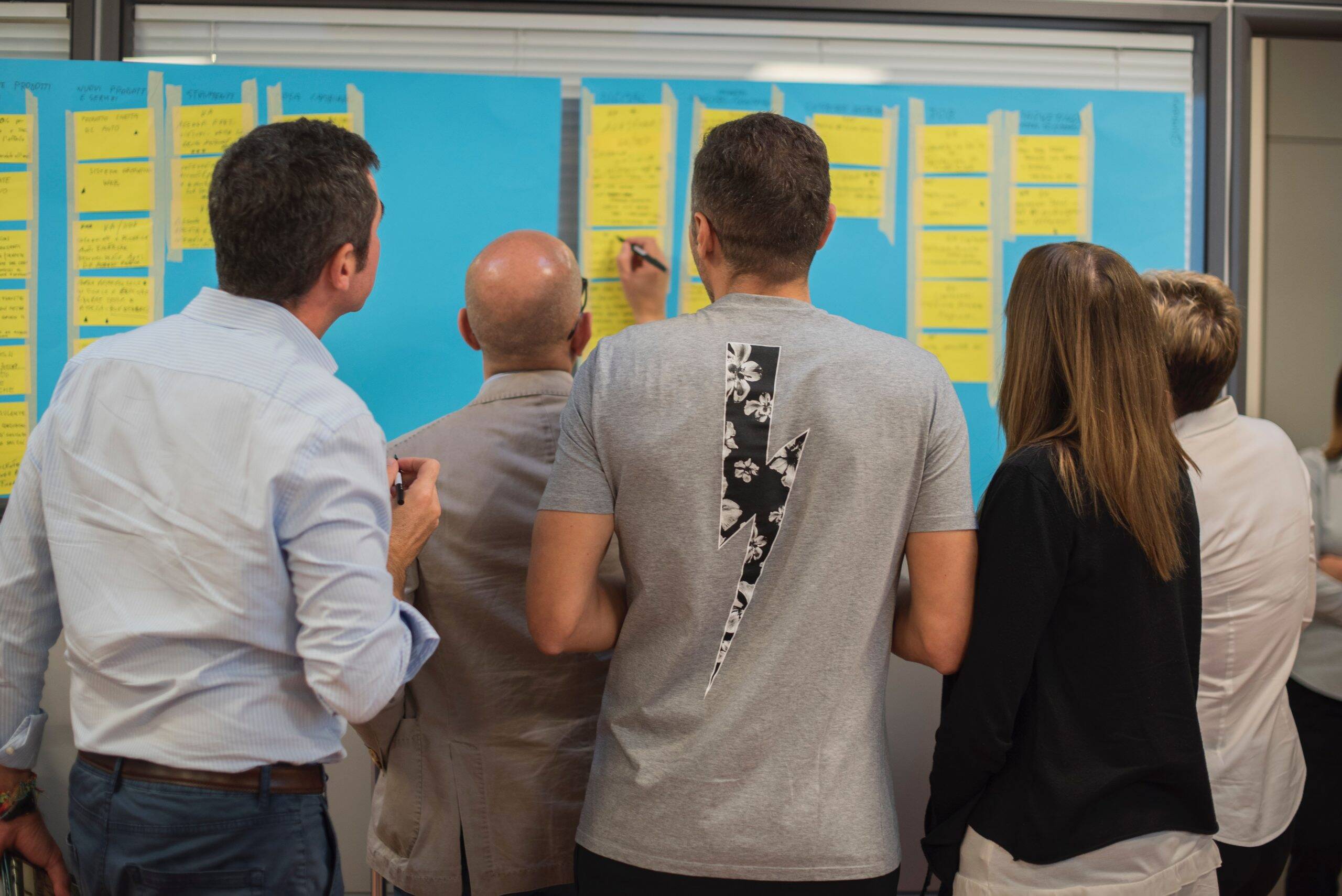You’ve reached your limit!
To continue enjoying Utility Week Innovate, brought to you in association with Utility Week Live or gain unlimited Utility Week site access choose the option that applies to you below:
Register to access Utility Week Innovate
- Get the latest insight on frontline business challenges
- Receive specialist sector newsletters to keep you informed
- Access our Utility Week Innovate content for free
- Join us in bringing collaborative innovation to life at Utility Week Live

Energy consultancy Mesh Energy, water tech firm Shayp, and clean energy marketplace Squeaky Clean Energy discuss the platform for innovation and collaboration offered by B Corp accreditation.
Certified B Corps are companies recognised by B Lab, the not-for-profit behind the B Corp movement, as having displayed high levels of social and environmental performance, transparency and accountability. At present, there are in excess of 4,500 of them across 78 countries in 155 industries – with the UK’s more than 600 B Corps currently employing almost 40,000 people.
Some 23,000 UK businesses have signed up to the movement’s impact assessment and have taken steps to measure and improve their environmental and social footprint.
Solid ethical foundations are of increasing important to firms in the water and energy sectors given the pivotal role they play in the drive for net zero and decarbonisation, the increased focus on striking healthy work-life balance in the wake of pandemic lockdowns, and the ongoing cost of living crisis. Making the most of opportunities to take stock of both social and environmental footprints as well as collaborating and innovating with likeminded companies is therefore essential.
 A number of companies within the utilities sector have already been recognised by B Lab. Octopus Group, for example, earned accreditation in April 2021, while Bulb became a B Corp in May 2016.
A number of companies within the utilities sector have already been recognised by B Lab. Octopus Group, for example, earned accreditation in April 2021, while Bulb became a B Corp in May 2016.
Here, businesses working with the energy and water sectors outline both their motivations behind applying for B Corp status and the impact certification has had on their ability to innovate and collaborate.
Innovating to navigate ‘tricky waters’
According to Chris Bowden, founder and CEO of clean energy marketplace Squeaky Clean Energy – which enables corporate and public sector organisations to buy clean electricity directly from wind, solar and hydro generators – the B Corp process offered a unique opportunity to evaluate the firm’s purpose and business model, and innovate accordingly.
“In my opinion, businesses can no longer turn a blind eye to the connection between purpose and profit,” he tells Utility Week Innovate. “The rise of stakeholder capitalism means that consumers, employees and investors are now more cautious about buying into, or joining, companies that do not serve the interests of a more sustainable, responsible world.
 “Study upon study has noted that consumers will spend their money with brands who align with their moral beliefs and have no hesitation in snubbing companies who they believe are not pulling their weight.”
“Study upon study has noted that consumers will spend their money with brands who align with their moral beliefs and have no hesitation in snubbing companies who they believe are not pulling their weight.”
And consumers aren’t the only stakeholder group wielding such power, he adds. “Employees have started lobbying the companies they work at to follow a moral imperative, and indeed, are now punishing those who fail to speak out by taking their talent elsewhere.
“In the year of The Great Resignation, firms cannot afford to merely pay lip service to this. For those energy firms who remain in the market, prioritising purpose within their business model and achieving B Corp status could offer a competitive advantage as they navigate the tricky waters over the coming year.”
‘Holistic’ perspective on company culture
Certified in December 2021, Mesh Energy’s Katharine O’Dwyer explains that while the B Corp application process was both lengthy and time consuming, ultimately the insight it offered into the low-energy and net-zero consultancy’s footprint and scope one, two and three emissions made it worthwhile. Though O’Dwyer caveats that utility firms likely face inevitable challenges from the need to keep tabs on far larger supply chains.
“I think for the built environment you’ve got a lot of assessments already out there for companies or products to be seen as ethical or environmental and I think some people don’t realise why B Corp can also be useful,” she says. “It’s holistic, it looks at every aspect, it looks at sustainability in terms of ethics and environment – and that’s important.
 “I think a lot of other assessments look at one particular thing,” O’Dwyer adds. “But when you go through the B Corp assessment process it does make you think differently – particularly if you’re a product-based company and you’re really conscious of how environmentally effective your material is, but you don’t think about the culture within your company.”
“I think a lot of other assessments look at one particular thing,” O’Dwyer adds. “But when you go through the B Corp assessment process it does make you think differently – particularly if you’re a product-based company and you’re really conscious of how environmentally effective your material is, but you don’t think about the culture within your company.”
Application is a ‘learning tool’
Belgium-based Shayp – which produces internet of things (IoT) leak detection devices – already boasted impressive environmental credentials prior to achieving B Corp status in January 2022. In January 2020, for example, the company received the Solar Impulse Efficient Solution Label for technology developed to analyse water consumption and detecting leaks in real-time.
 However, according to Shayp’s sustainability manager, Ingrid Nolet, B Corp certification was a valuable “learning tool” which allowed the firm to identify gaps in its environmental strategy and prioritise new solutions and innovations.
However, according to Shayp’s sustainability manager, Ingrid Nolet, B Corp certification was a valuable “learning tool” which allowed the firm to identify gaps in its environmental strategy and prioritise new solutions and innovations.
“Assessment was the beginning of a long process to better grasp the meaning of the certification, understand the requirements, and implement change,” she explains.
Academic accelerant
Shayp’s year-long road to B Corp certification also demonstrated the importance of external partners and fresh – sometimes serendipitous – perspective from areas such as academia to boost green credentials.
 According to Nolet, a number of students at the Louvain School of Management – the international business school of the University of Louvain, Belgium – had been tasked with plotting routes to B-Corp status for local enterprises as part of their studies. However, once the task was complete, one student reached out to Shayp offering to put his plans into action and began a year-long internship dedicated to achieving certification.
According to Nolet, a number of students at the Louvain School of Management – the international business school of the University of Louvain, Belgium – had been tasked with plotting routes to B-Corp status for local enterprises as part of their studies. However, once the task was complete, one student reached out to Shayp offering to put his plans into action and began a year-long internship dedicated to achieving certification.
“We quickly realised that we needed to dedicate one person on our team to the B Corp certification,” Nolet explains. “This was a long-term task that was successfully and rigorously carried out by Louis Clerbois.
“We were lucky to find Louis because we didn’t have enough internal resources to follow up,” she adds. “Together we could fulfill what is an important project in guiding Shayp, anchor sustainability in our business model, and to show other players that it is possible to be innovative, sustainable and profitable.”
Encouraging community building
Mesh Energy’s O’Dwyer explains that the B Corp process has also accelerated Mesh Energy’s efforts to enhance its support for the architects, developers and homeowners it serves to help create low-energy projects.
The firm created Meshwork when it started applying for B Corp status as an online community for anyone interested in sustainable design and to facilitate shared learning between members.
“It’s an external thing we do on top of Mesh Energy, providing a hub where people can learn,” she explains. “We’re very aware that there are massive regulations and targets for people to meet – particularly in the architectural world with building regulations changing, but also that affects heat pump manufacturers and all sorts.
“So what we really tried to do with creating this community is establishing a spot where the construction industry can talk about these issues,” O’Dwyer adds. “We’re also creating events where people can come and learn from different experts.”
Breaking down internal silos
 While O’Dwyer adds that the B Corp application process posed a number of complex challenges and demanded “continual momentum” in order to demonstrate the required ethical and environmental credentials, she adds that this ultimately fostered a collaborative culture within the company.
While O’Dwyer adds that the B Corp application process posed a number of complex challenges and demanded “continual momentum” in order to demonstrate the required ethical and environmental credentials, she adds that this ultimately fostered a collaborative culture within the company.
“One of the biggest challenges is documenting everything,” she says. “When you do a B Corp assessment there are a lot of questions you need to get through, and it’s quite a lengthy process. Sometimes the language they use is quite complex, and understanding what they really want from you and how you’re interpreting it can be quite difficult.
“What we did find really useful was having a supportive team because of the length of the process, which meant working collaboratively and getting input across different departments on different aspects,” O’Dwyer adds. “We got a holistic view of what the company was doing and internal innovation and collaboration within teams worked really nicely.”
Both Nolet and O’Dwyer add that achieving B Corp status has been a springboard for further collaboration within their respective sectors, and has opened the door to likeminded firms looking to exchange environmental and social solutions.
“What’s been really useful since becoming B Corp is that you’re able to be part of the B Corp community,” O’Dwyer says. “You can join working groups – I’ve just joined one for the built environment, for example. The collaboration and innovation there is great, because we meet up and talk about how to reach net zero on a monthly basis.
“We’ve brought back ideas, met new people and there’s been loads of opportunities for us to collaborate.”
See this content brought to life at Utility Week Live, 17-18 May 2022 NEC Birmingham. FREE to attend for utilities. Register today
Delivering best in class customer services and optimising field operations are among the frontline challenges at the heart of Utility Week Live 2022’s live content programme. View the programme.

Please login or Register to leave a comment.